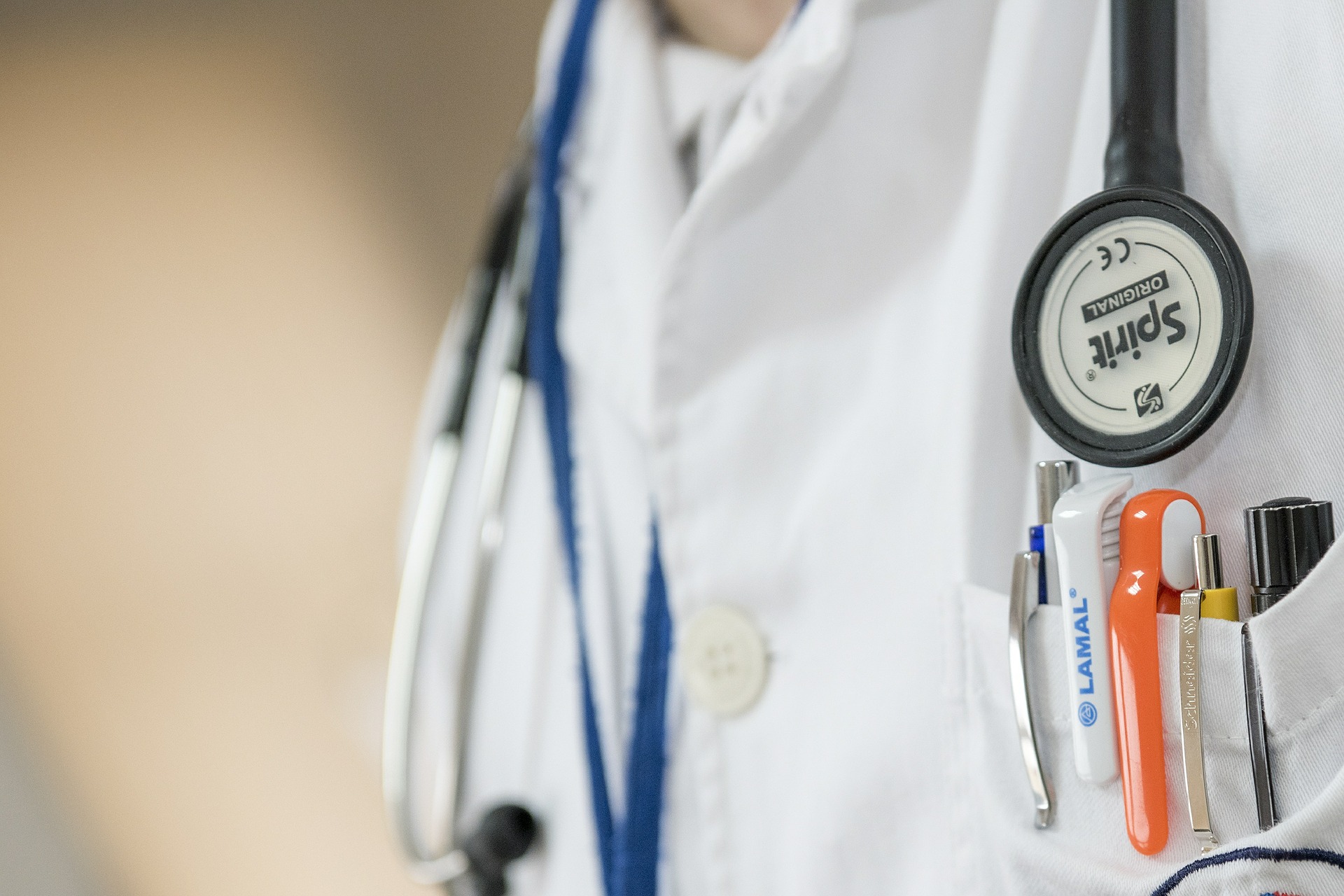Schizophrenia remains one of the most misunderstood mental health disorders in the U.S. Many people assume that schizophrenia refers to a complete inability to accept life. However, schizophrenia actually describes a severe, chronic brain disorder characterized by abnormal thought processes and rationale. Many of the symptoms of schizophrenia are similar to other mental health conditions, which makes accurate diagnoses difficult for mental rehabilitation experts.
Prevalence of schizophrenia
Schizophrenia affects between 0.5 percent and 1 percent of individuals around the globe. The first episode tends to occur at age 21 for men and age 27 for women, explains the Centers for Disease Control (CDC). About 33 percent of those with schizophrenia attempt suicide and 10 percent will succeed. In a Canadian study, schizophrenia diagnoses resulted in a total cost of $6.85 billion for the U.S. and Canada.
Risk factors
Across mental health facilities, mental health professionals have yet to determine an exact cause of schizophrenia. However, a family history of schizophrenia, exposure to toxins while in utero, increased immune system response, older age of a person’s father, and exposure to psychotropic substances during adolescence have been thought to be the primary risk factors for developing schizophrenia (Mayo Clinic).
Signs and symptoms
The signs and symptoms vary from person to person. According to the Mayo Clinic, most signs and symptoms reveal abnormal brain functioning and include the following:
1. Hallucinations :
Hallucinations may involve any of the five senses; however, hearing voices is the most common hallucination
2. Delusions:
Delusions are similar to hallucinations. Delusions occur when a person has a false belief about a given event or situation. For example, a person may believe he or she has a role in global politics when it is not true
3. Thought disorders:
Thought disorders are unusual, counter-productive ways of thinking
4. Movement disorders:
Movement disorders are characterized by repetitive, involuntary movements, which are most commonly noticed in the face. Alternatively, someone with schizophrenia may become catatonic, which means he or she does not move at all
5. Disruptive emotions and behaviors:
Emotional states in schizophrenic individuals may mirror the ups and downs of other mental health disorders, such as bipolar disorder.
6. Poor cognitive functioning:
Someone with schizophrenia may be incapable of understanding information and making decisions on the basis of the information. Furthermore, working memory and difficulty concentrating are common aspects of poor cognitive functioning
Treatment Options
Depending on the severity of the episode, treatment for schizophrenia may occur in inpatient mental health facilities. However, outpatient treatment is a vital aspect of treatment after discharge.
1. Antipsychotic medications:
Antipsychotic and atypical antipsychotic medications focus on eradicating the symptoms of schizophrenia. Some of these medications may cause serious side effects
2. Psychosocial treatment:
Psychosocial treatment involves teaching a person to readapt to life through physical, speech, and occupational therapy
3. Integrated Treatment :
If a person with schizophrenia has a co-occurring mental health disorder, the treatment must include address all other disorders
Although schizophrenia can present some of the most difficult symptoms in mental health therapies, the disorder can be effectively managed. However, understanding the symptoms and treatment options of schizophrenia plays a significant role in preventing the disorder from developing further.






















